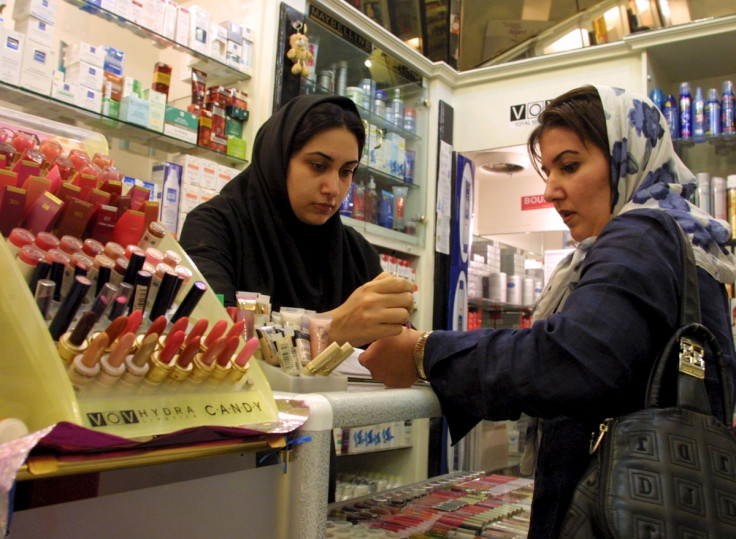Iran's morality police returns despite protests against hijab rules
Thousands of Iranians have taken to social media to express their anger with the government's decision to put morality police back on the streets.

It has not even been a year since the death of Mahsa Amini, and the Iranian authorities have already brought back their morality police.
The morality police are set to resume patrols on Sunday to ensure that the women are complying with the strict Islamic dress codes.
According to a spokesman for Iran's enforcement body, they will resume vehicle and foot patrols across the country, and the women flouting the rules can face legal punishment.
The morality police would "issue warnings and then introduce to the judicial system people who unfortunately insist on their norm-breaking behaviour without concern for the consequences of their covering that is outside of the norm," Al Jazeera quoted the spokesperson as saying.
Amini died shortly after being beaten by the morality police last year. She was arrested for violating laws pertaining to the hijab. Her death sparked protests all over the country as well as in Iranian communities abroad. People from different sections took to the streets to express their anger against the mandatory hijab laws and the young woman's death.
The Iranian regime has taken all sorts of measures to quell the protests. Thousands have been detained and hundreds have been killed in the last few months, but the regime has refused to bow down. Iran's supreme leader blamed the United States and Israel for the protests and added that the "riots" were "engineered" by Iran's enemies.
"I say clearly that these riots and the insecurity were engineered by America and the occupying, false Zionist regime [Israel], as well as their paid agents, with the help of some traitorous Iranians abroad," he said last year. But the supreme leader did not care to back his claims with some evidence.
The protests proved to be the biggest challenge to his rule, but that has not forced him to give in to popular demands. He has let his forces loose on Iranians. However, the crackdown on activists and protesters has only strengthened Iranians' resolve to continue their fight against conservatism.
The unprecedented protests even forced the Iranian regime to put a pause on patrols by morality police. Despite that, the regime has refused to bow down to the people's demands for change. The move to resume patrols is a clear indication that the Iranian government does not want to change.
Thousands of Iranians have taken to social media to express their frustration and anger with the government's decision to put morality police back on the streets.
A video that has now gone viral on social media shows a teenager being arrested for not wearing a hijab. Iranian actor Mohammad Sadeghi's home was raided after he spoke out against the move.
Iran regime thugs arrest Iranian actor for condemning the morality police while he is live on Instagram. Watch his powerful words and be his voice! #IranRevolution #IRGCterrorists pic.twitter.com/TpEpZQHpAg
— Emily Schrader - אמילי שריידר امیلی شریدر (@emilykschrader) July 16, 2023
He was doing an Instagram live when Iran's security forces broke into his house. The actor jumped from the third floor in a bid to escape and continued the live stream.
You are witnessing #IRGCterrorists in action, terrorizing innocent people in their homes, captured by #MohammadSadeghi. He took immense risks to expose what the people of Iran endure daily.
— Azi (@joeylovesfood22) July 16, 2023
Brave souls like him shed light on the truth.
Help amplify his voice! pic.twitter.com/0uu2mSVU08
Despite the massive crackdown, women have continued to defy the orders and can still be seen roaming around with their hair uncovered.
Iran is an extremely conservative society, with the state putting thousands of restrictions on what women wear and how they behave in public. Cultural restrictions became a regular feature of Iranian life after the 1979 Islamic Revolution. The state's morality police roam the streets and have the right to arrest women who are not wearing a hijab and detain men with unconventional hairstyles.
The mandatory dress code requires women to cover their hair and neck with a headscarf. The morality police, formally called "Gasht-e Ershad" (Guidance Patrols), have the power to stop and detain women whom they think are not properly dressed.
It was set up by Iran's Supreme Council of the Cultural Revolution and began enforcing the strict dress code in 2006. However, the hijab became mandatory in 1983.
© Copyright IBTimes 2025. All rights reserved.






















